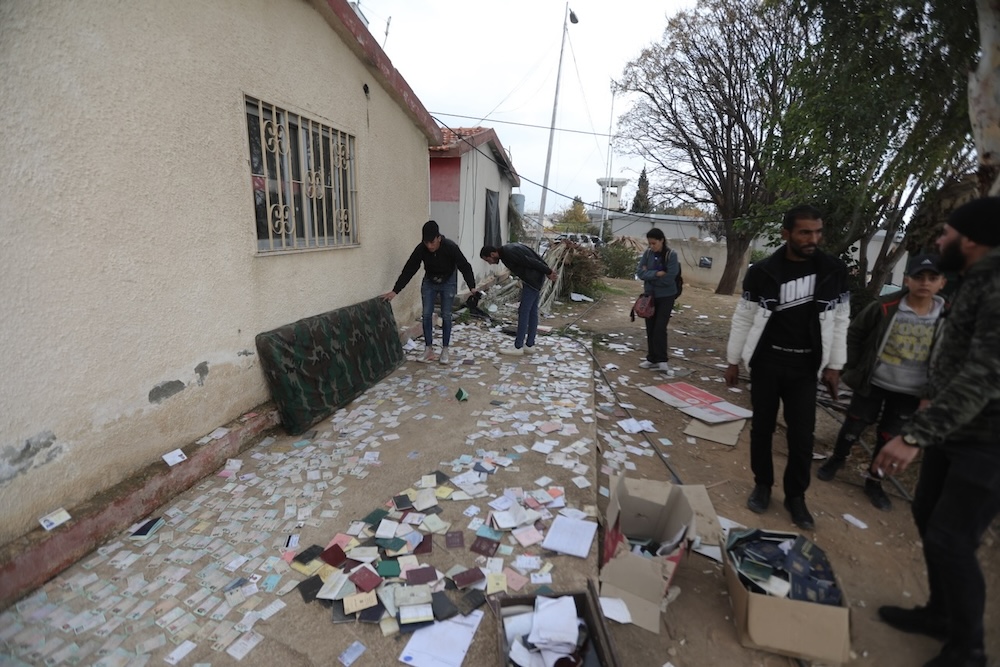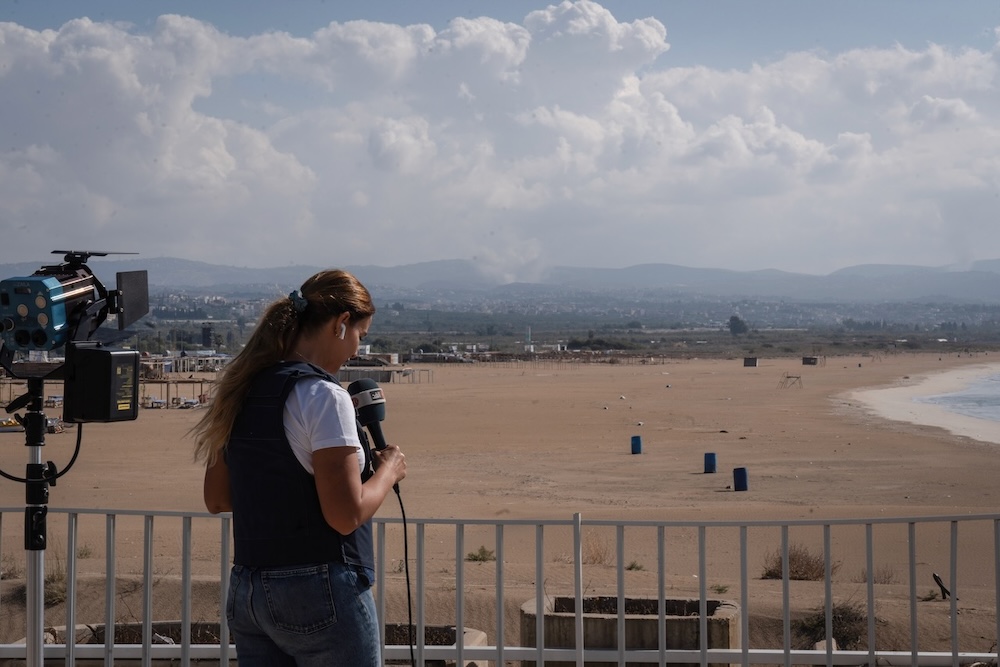
Masih Alinejad Targeted Again: Two Men Convicted in Iranian Assassination Plot
March 11, 2025
Hanin Gebran Freed After Enduring “Horrific” Conditions in Syrian Prison
March 11, 2025March 11, 2025 – Lebanon –
Lebanese women journalists are increasingly finding themselves at the center of an online battleground, targeted by escalating cyber violence that aims to intimidate, discredit, and silence their work. From coordinated smear campaigns to threats of sexual violence, digital abuse has become a pervasive weapon used against women in media, highlighting the growing vulnerability of female journalists in Lebanon’s volatile socio-political climate.
According to recent reports by IFEX, the cyberattacks often intensify when women reporters cover politically sensitive topics or challenge powerful interests. These attacks range from hacking attempts and doxxing to coordinated trolling and harassment on social media platforms. In many cases, the harassment is deeply gendered, including misogynistic slurs, rape threats, and doctored images designed to humiliate and intimidate. Such attacks aim not just to harm reputations, but to instill fear and discourage women from continuing their journalism.
A 2023 study published in Al-Raida Journal by Georges Koberianos outlines how this violence often intersects with Lebanon’s broader political and sectarian divisions, further exacerbating the risks women journalists face. Koberianos notes that media professionals critical of political elites are more vulnerable to targeting, especially those affiliated with independent or opposition voices. Women are singled out more aggressively, subjected to dehumanizing rhetoric that frequently references their gender, family status, or appearance rather than their work.
Despite the widespread nature of this abuse, Lebanese authorities have been slow to respond. Legal protections against online harassment remain weak, and perpetrators are rarely held accountable. Victims often hesitate to file complaints out of fear of retribution or mistrust of law enforcement. Meanwhile, media institutions rarely offer adequate support or safety mechanisms for their staff.
Public awareness of the issue is growing, thanks to advocacy efforts and the voices of the journalists themselves. Several female reporters have begun to speak out, sharing their experiences and demanding systemic change. Their resilience has sparked discussions around digital safety, gender-based violence, and freedom of expression in Lebanon.
Yet until meaningful action is taken by the state, media outlets, and tech platforms, many fear that cyber violence will continue to push women journalists to self-censor, retreat from public life, or leave the profession entirely.
Reference –
https://alraidajournal.lau.edu.lb/images/georges-koberianos.pdf
https://www.mtv.com.lb/en/news/articles/1440258/women-journalists-bear-the-brunt-of-cyberbullying




